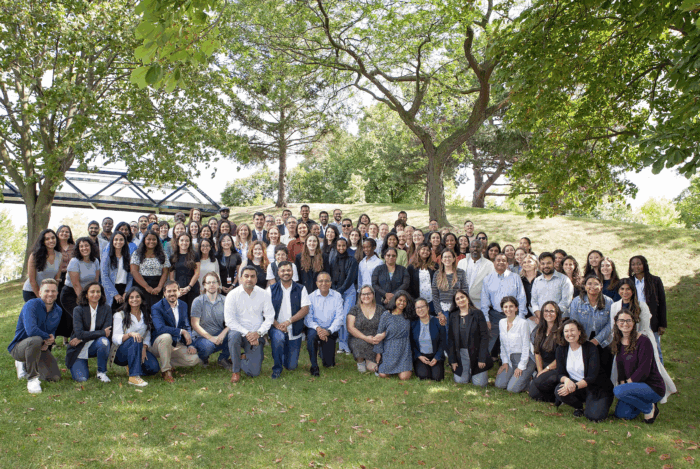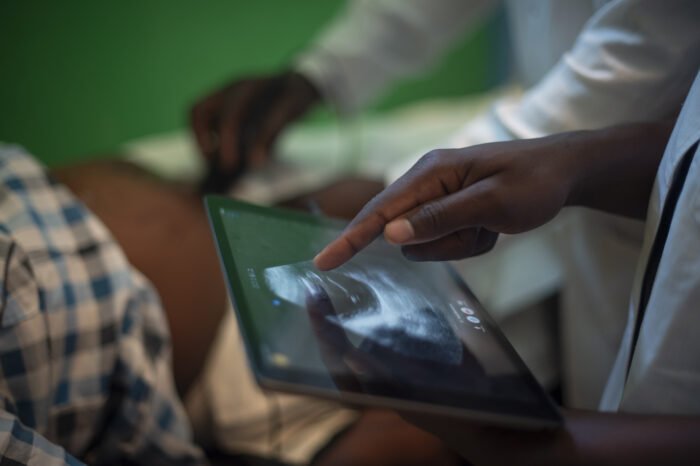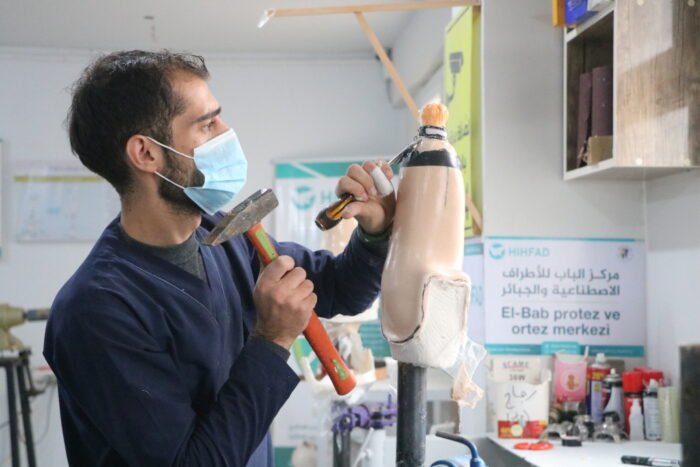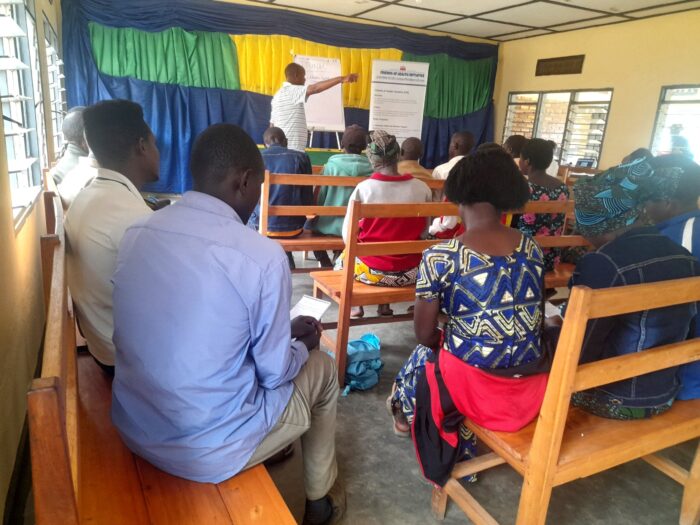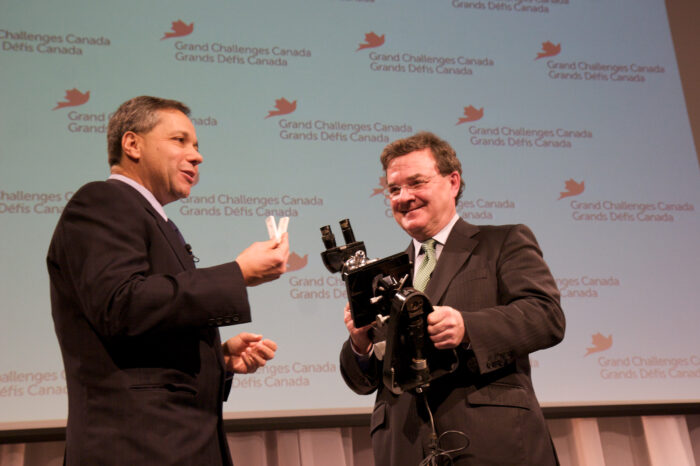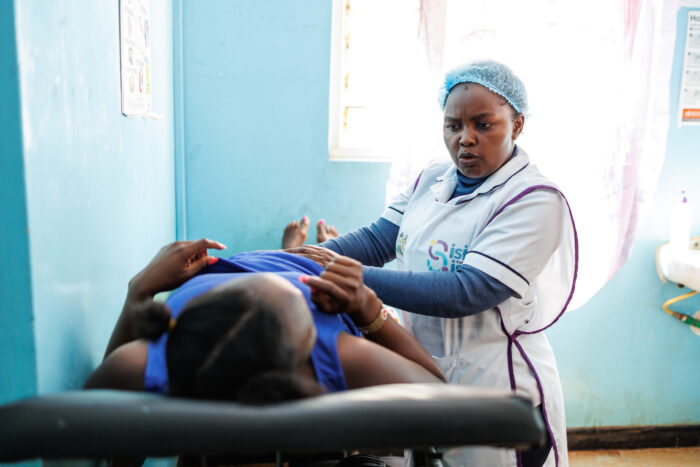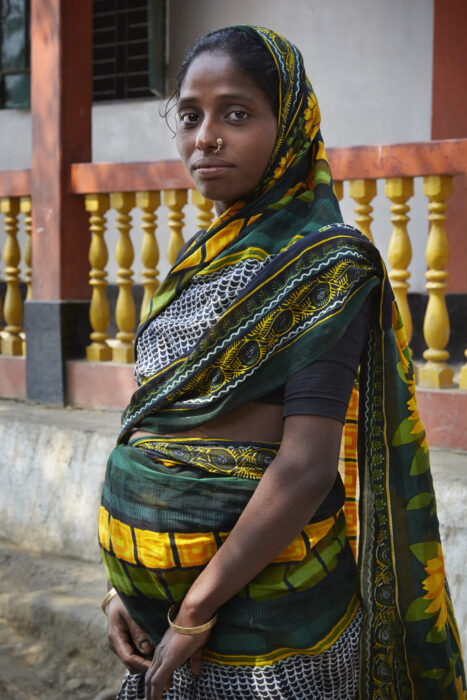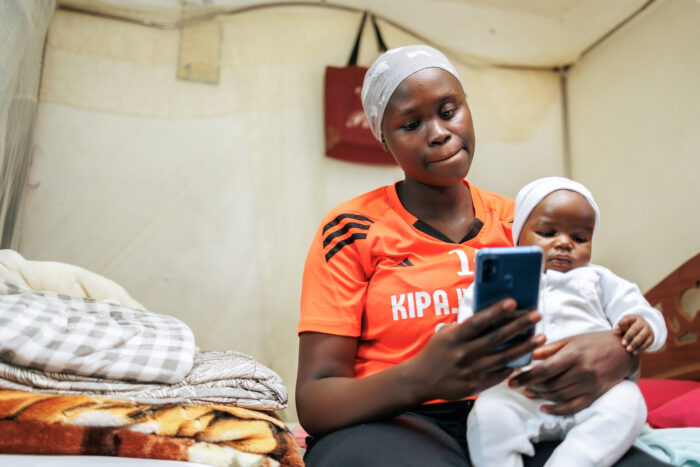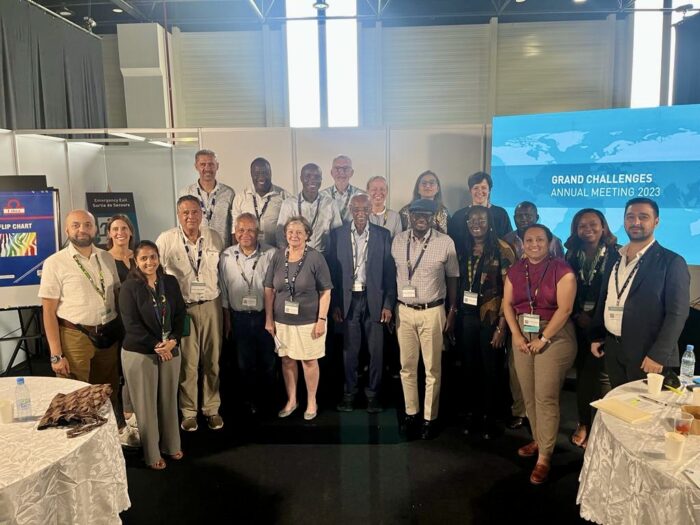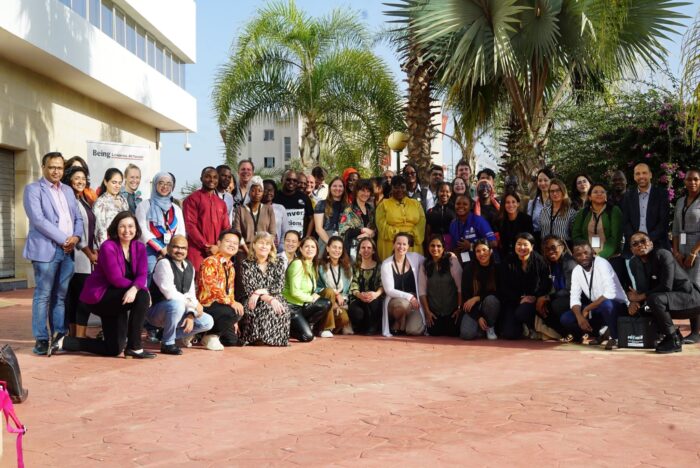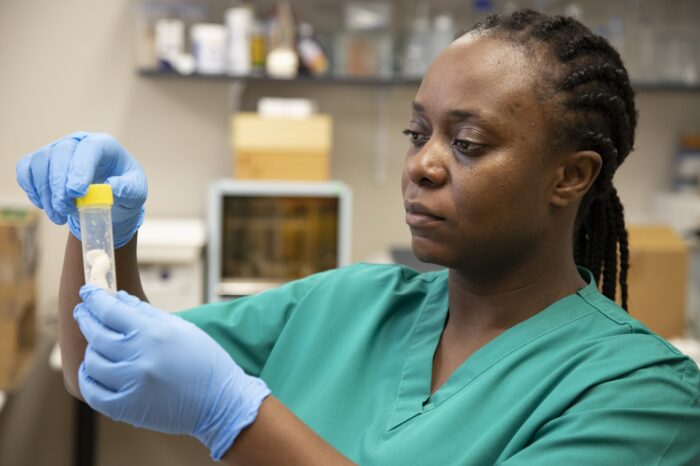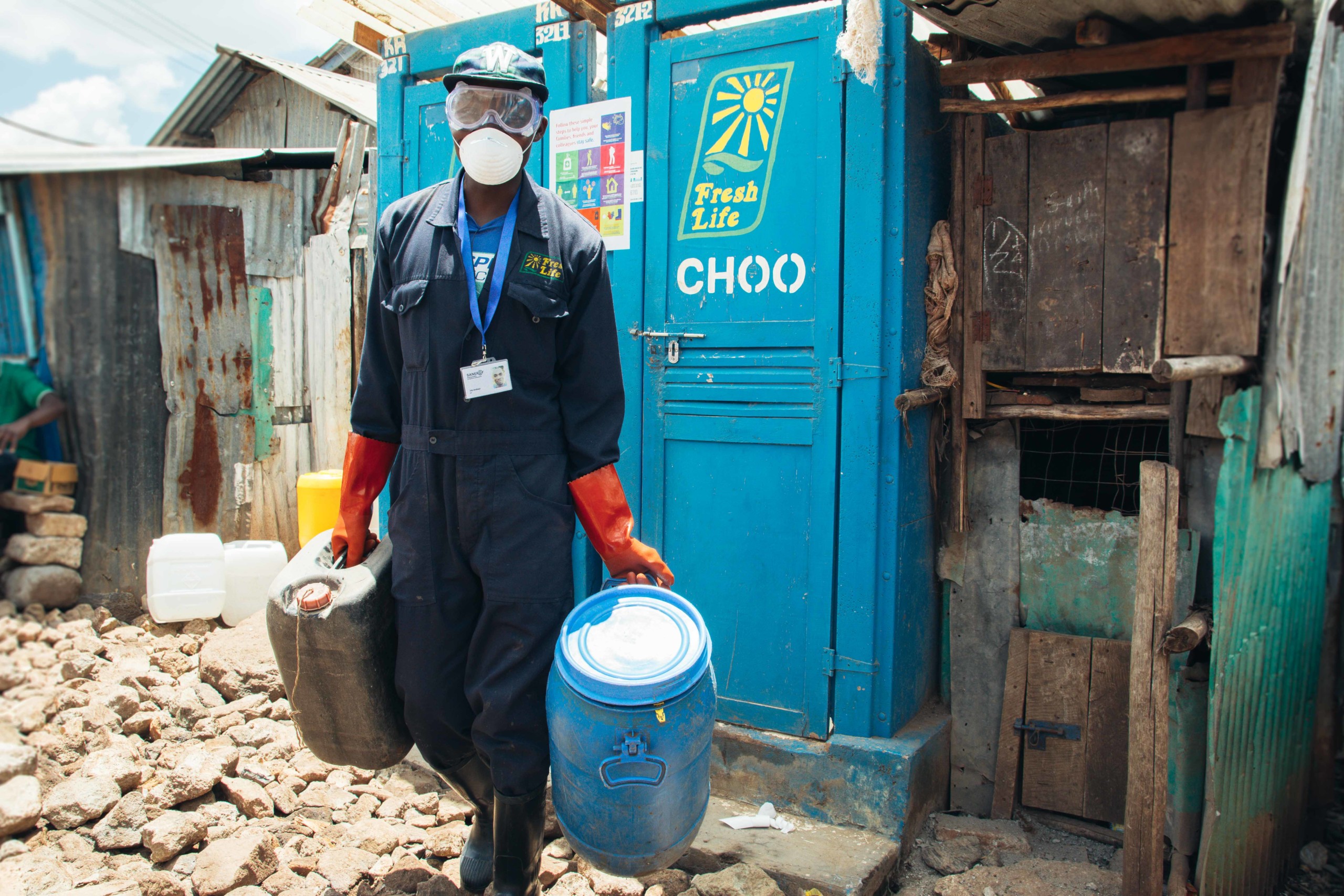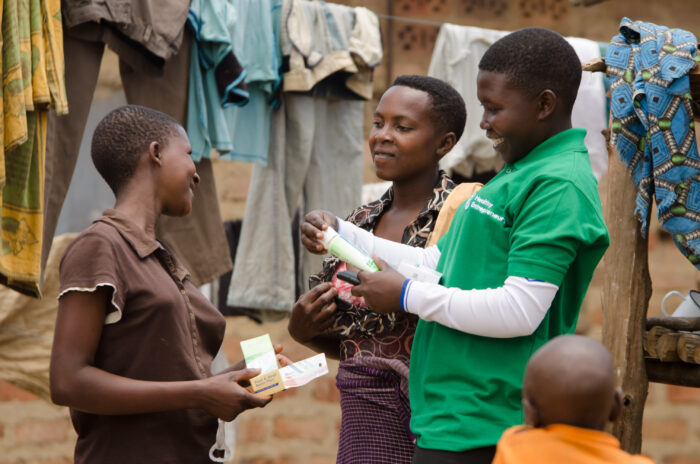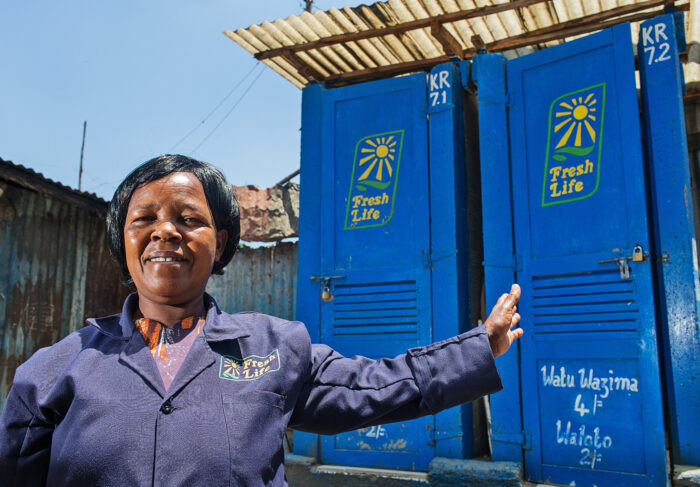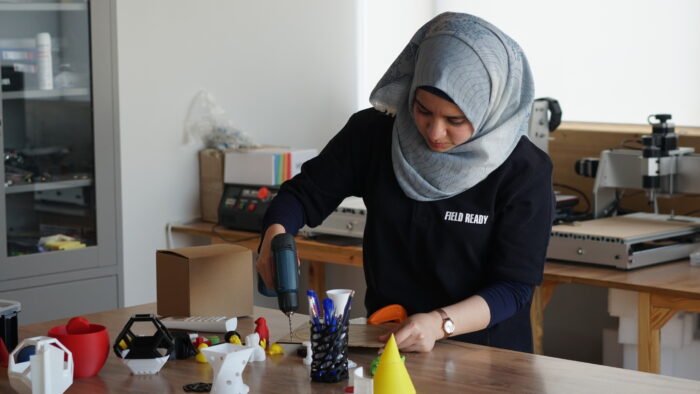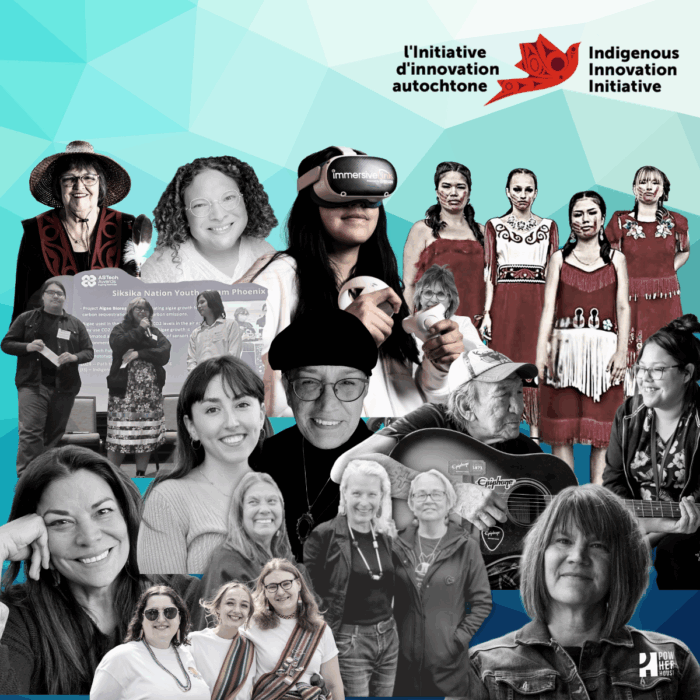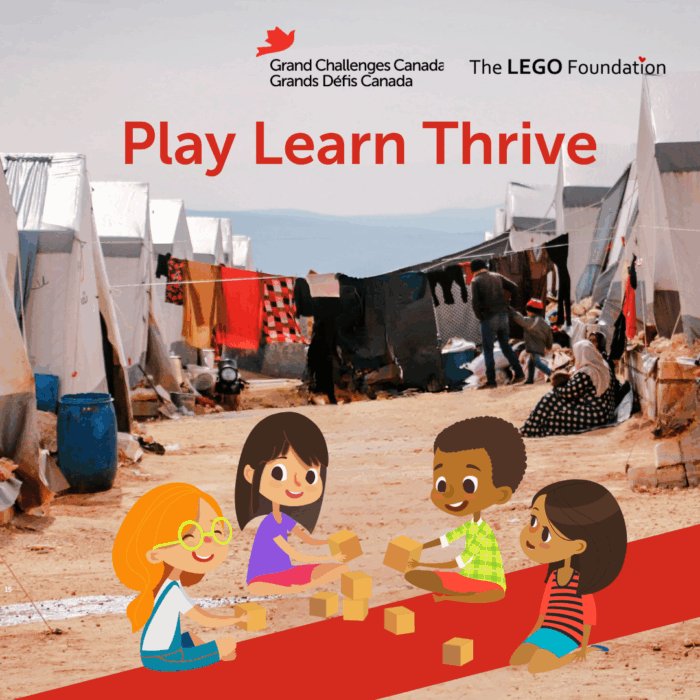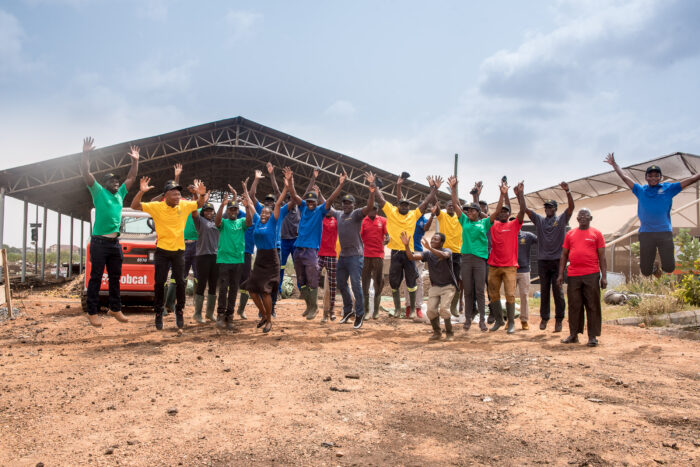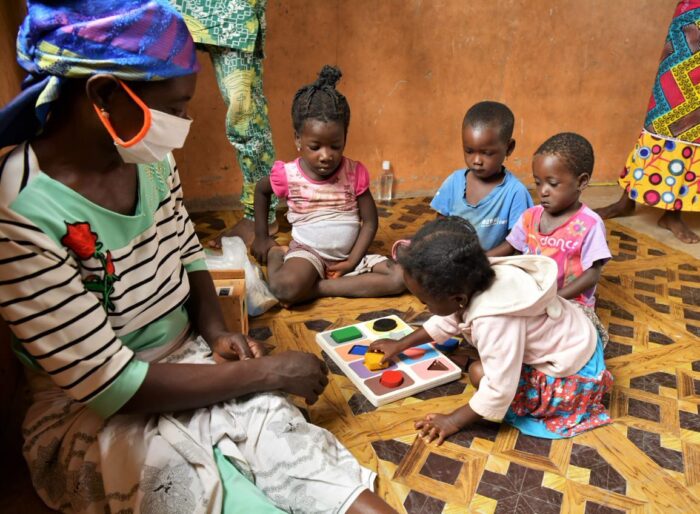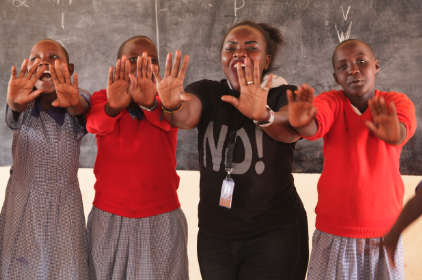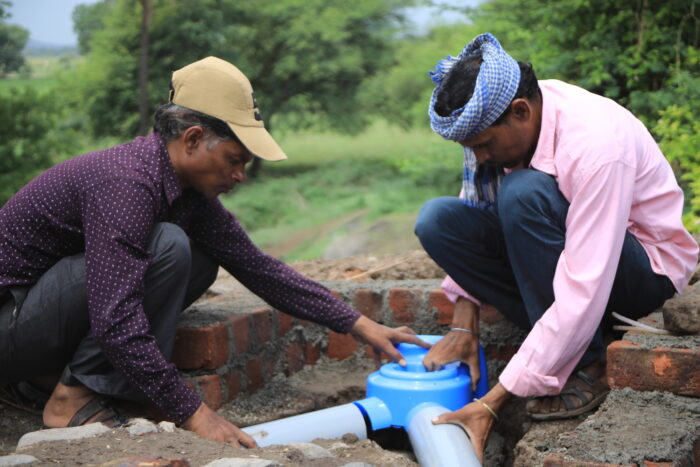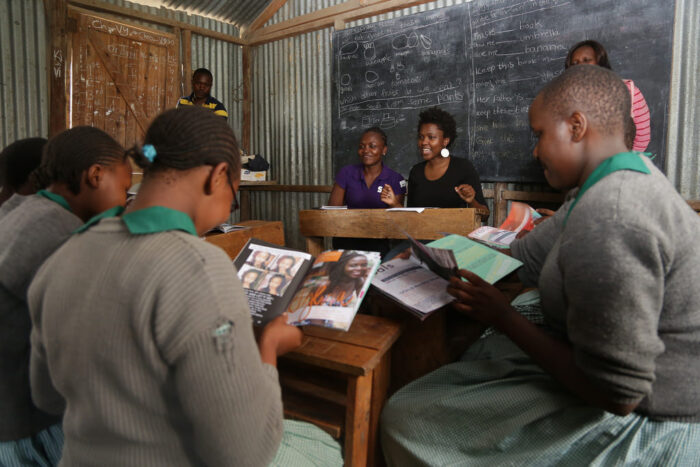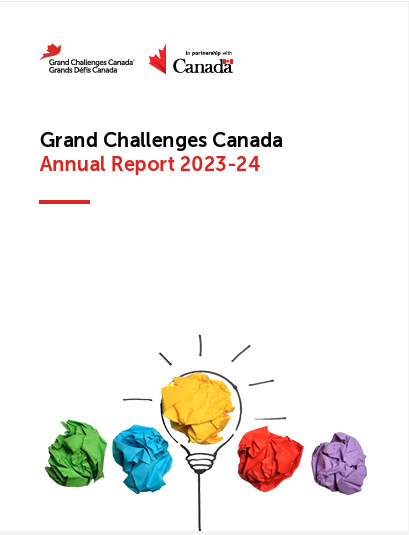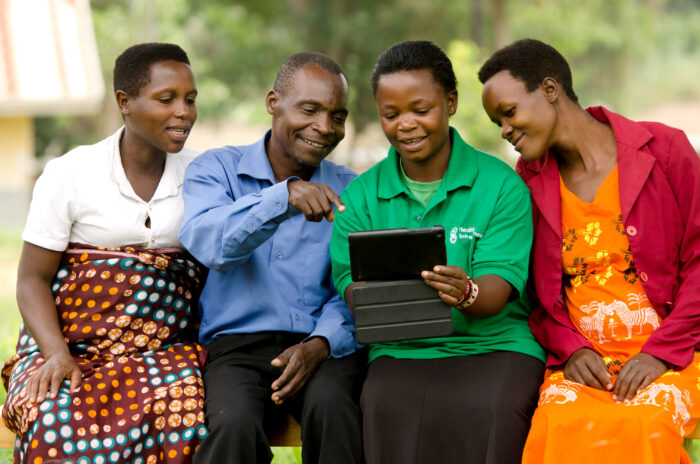Disclaimer: This piece discusses pregnancy and motherhood; while we use the term “mother” throughout the piece to mirror the language of the community we are collaborating with; we also acknowledge that not all pregnant people identify as “mothers.” We would like to recognize that pregnancy and motherhood can be experienced by people of all genders.
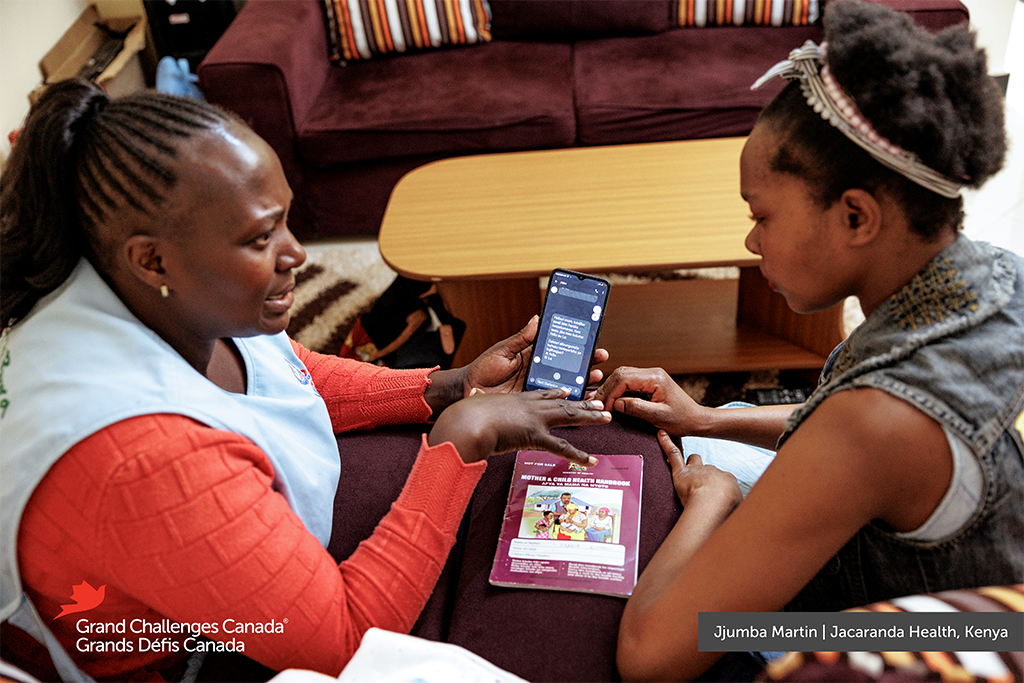
Jacaranda Health is dedicated to improving the quality of care for mothers and babies seeking services at government health facilities, where most underserved people access care in Kenya. The problem they are trying to address is two-fold: how to get mothers the right care at the right time, and how to ensure that their needs are met by a provider who has the right skills. Jacaranda has developed two solutions to combat this twin challenge. The first is PROMPTS, an SMS-based messaging service that empowers mothers with information to seek timely, quality care during and after pregnancy and detects and refers urgent cases to a health facility. The second is the Emergency Obstetric & Newborn Care (EmONC) Mentorship program that equips frontline providers with lifesaving EmONC skills to provide quality, respectful care to all mothers and babies.
Jacaranda has been successful in expanding its programs across Kenya. They work with over 1,110 facilities and 6,500 providers and are partnered with 20 county governments. PROMPTS has been utilized by nearly 2 million people to date. Sathy Rajasekharan, Co-Executive Director, shares the three early learnings that have enabled Jacaranda to scale sustainably to date.
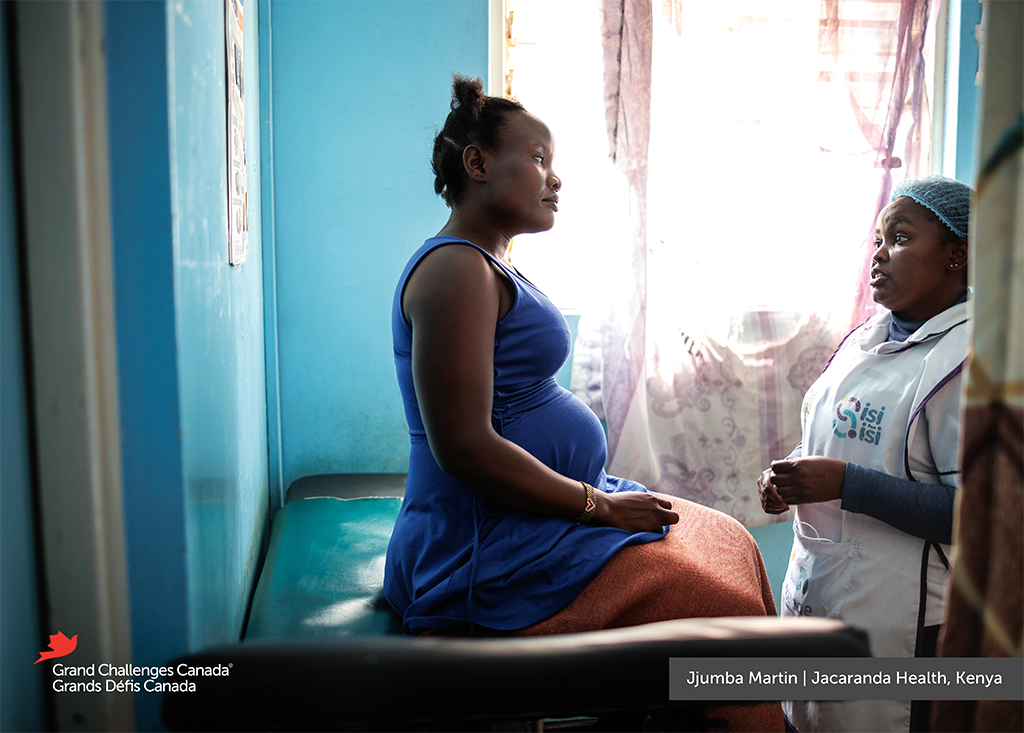
Their first lesson has been the need to understand the consumer and the customer for their innovation, and their individual needs and motivations. Jacaranda’s target consumers are healthcare providers and mothers. Recognizing this, Jacaranda is consistently making improvements to its programs to reflect the evolving needs of both providers and mothers, including adapting the training provided through MENTORS and the message content, timings, and frequency delivered via PROMPTS. The target customer is the Kenyan government, as maternal and newborn health services are provided for free through public health facilities. Jacaranda has engaged national and county governments to share ownership in the design, implementation and scale-up of programs from its early days. This has meant ensuring their programs complement existing health system structures and that governments, especially those cost-sharing the programs, become invested in their success.
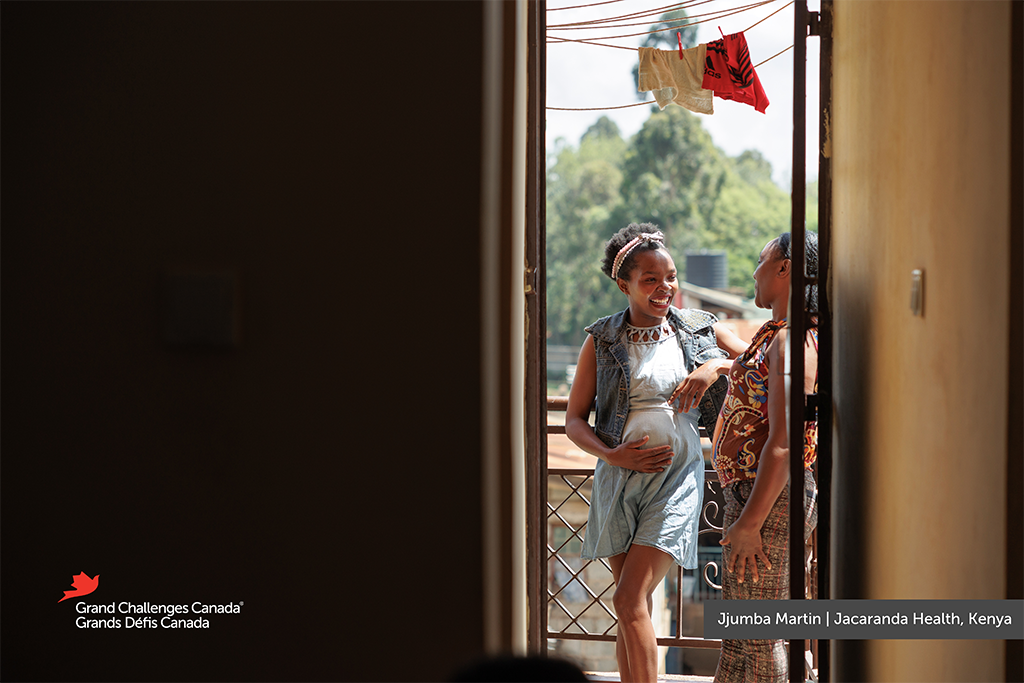
Jacaranda’s second lesson is to understand the ecosystem an innovation is operating within, including the existing health financing mechanisms, policy framework, and government structure. Their advice to other innovators in the global health space is to recognize that “there is no real replication strategy.” Every ecosystem, geography, and population is going to have a unique set of challenges. “What is important is to have a core set of principles and a program that is proven to work, but beyond that, you need to be open to us,” said Rajasekharan. This has been their approach to expanding into new countries. Jacaranda set out their principles of what is necessary for PROMPTS to succeed and then they “cast their net wide” to identify countries for expansion.
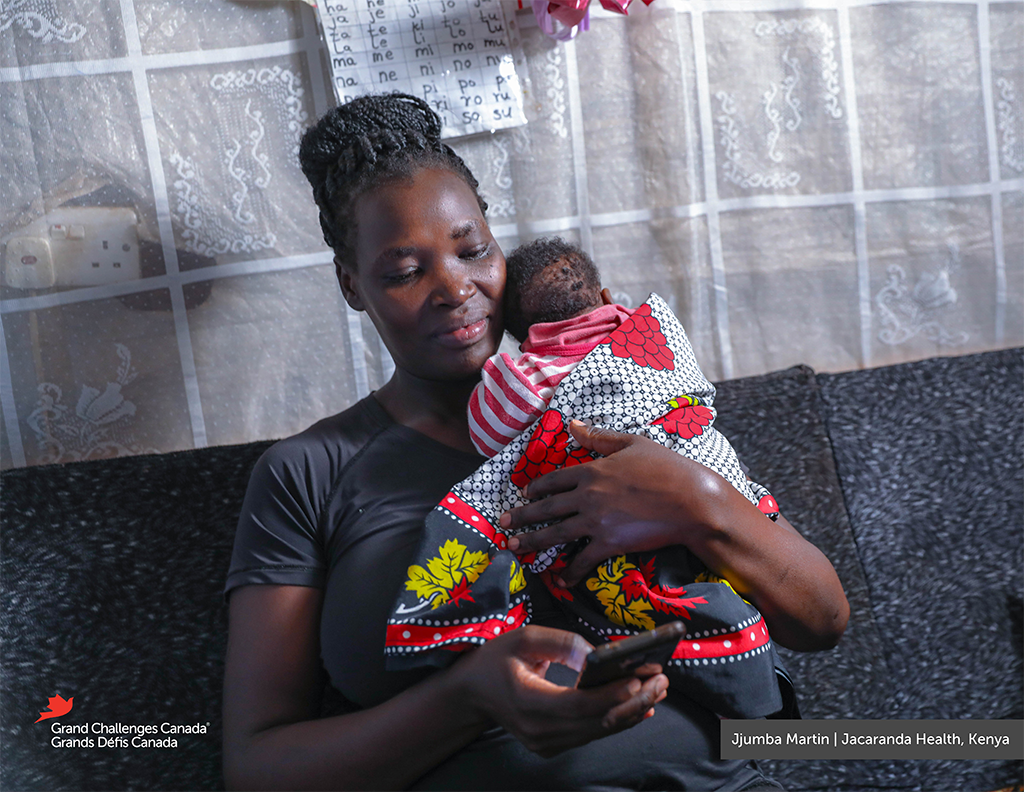
The third lesson Jacaranda would share with other innovators is to iterate on a model for scalability and sustainability from the beginning. This early focus pushes the organization to be adaptive and responsive; “something that works in one place may not work anywhere else.” The organization takes a ruthless approach to program innovation and scale-up, as directed by its programmatic data, its open line of communication with its government partners, and the feedback it routinely collects from its end users. Jacaranda recognizes that adaptations to its existing model might be needed in different contexts, and applies a test, adapt, and test again approach to adding/ removing program features. Rajasekharan says this has become part of the culture at Jacaranda, and something their government partners have also continuously championed, especially when they are cost-sharing a program and have more ownership in its success.
These three lessons from Jacaranda’s successful scaling journey have pushed the organization to consistently reevaluate their approaches, impact, and sustainability and provide important learnings for other innovators working towards scalability. Leveraging these lessons, Jacaranda is now embarking on a new challenge of expanding its PROMPTS program into Eswatini and Ghana with the support of its sixth GCC grant. Reflecting on a long relationship with GCC, Sathy says “it’s wonderful to have a donor that takes a bet on you. [GCC] funded Jacaranda before many funders were willing to.”
